Negotiations between government and police services are at an impasse, with the Indigenous services calling the process discriminatory and accusing government of ‘unconscionable bargaining tactics’
Northern Ontario Indigenous policing services say they could run out of community funding within the month if deadlocked negotiations with the federal government are not resolved.
The three police services currently without funding — Treaty Three Police Service, the UCCM Anishnaabe Police Service and Anishinabek Police Service — currently cover 45 First Nations with a combined population of around 30,000 people. Their funding expired on March 31, and they have been operating from community funds since.
Under the FNIPP, there are two types of funding: Community Tripartite agreements , in which the RCMP provides policing to a community; or self-administered police service agreements , where a First Nation or Inuit community manages its own service under provincial policing legislation. To remedy the funding crisis, the Indigenous Police Chiefs of Ontario drafted a motion in early May, seeking interim relief under the Canadian Human Rights Act . IPCO represents the nine SA First Nation Police Services in Ontario, including the three at issue, and alleges discrimination contrary to Section 5 of the CHRA. They say it is “discriminatory provision of service.”
The section blocks Indigenous police services from accessing specialized service, such as a canine unit or emergency response teams, as well as costs related to loans and legal advice. IPCO’s filing said this prevents First Nation police services from owning infrastructure and from recouping expenses related to legal advice in negotiating the FNIPP.
The decision to declare a state of emergency was made during the Anishinabek Nation Grand Council Assembly on June 7, with Chief Patsy Corbiere of Aundeck Omni Kaning First Nation moving the resolution and seconded by Chief Lloyd Myke of Magnetawan First Nation.
South Africa Latest News, South Africa Headlines
Similar News:You can also read news stories similar to this one that we have collected from other news sources.
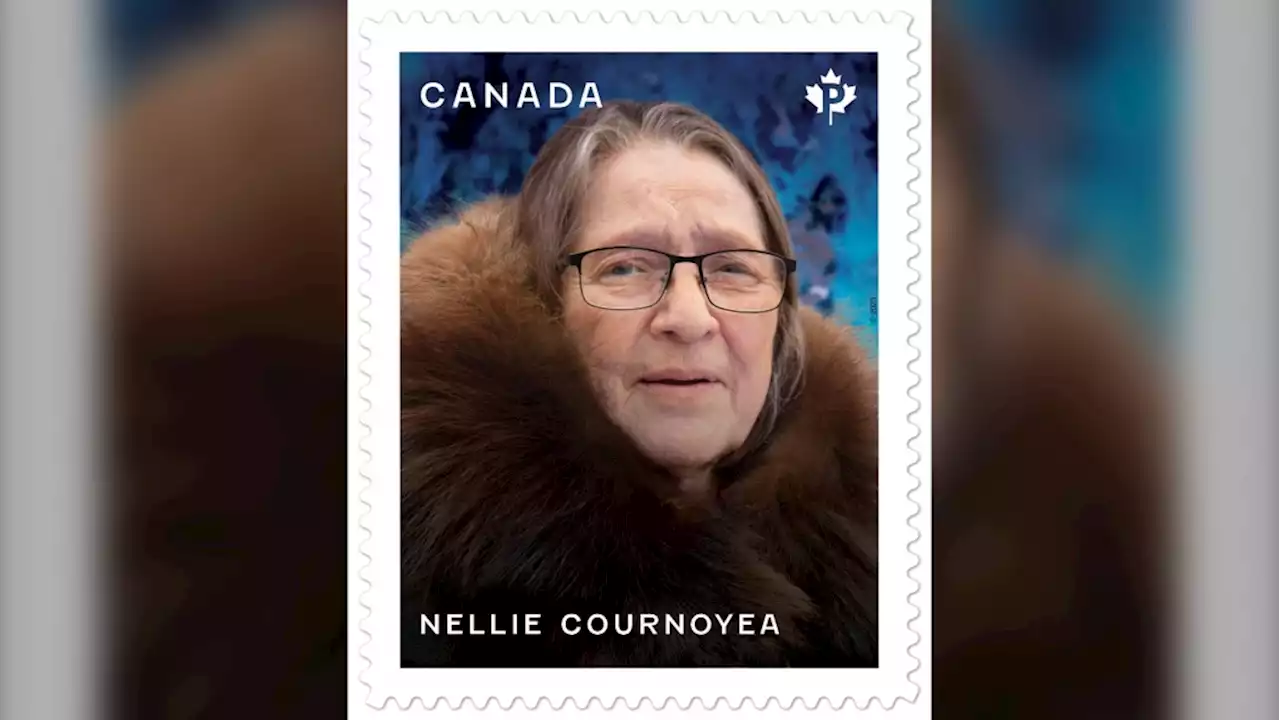 New Canada Post stamp honours first Indigenous woman premier Nellie CournoyeaOn Monday, Canada Post revealed a new stamp design honouring the life and work of Nellie Cournoyea, Canada’s first Indigenous woman to become premier of a province or territory. She served as the sixth premier of the Northwest Territories from 1991 to 1995.
New Canada Post stamp honours first Indigenous woman premier Nellie CournoyeaOn Monday, Canada Post revealed a new stamp design honouring the life and work of Nellie Cournoyea, Canada’s first Indigenous woman to become premier of a province or territory. She served as the sixth premier of the Northwest Territories from 1991 to 1995.
Read more »
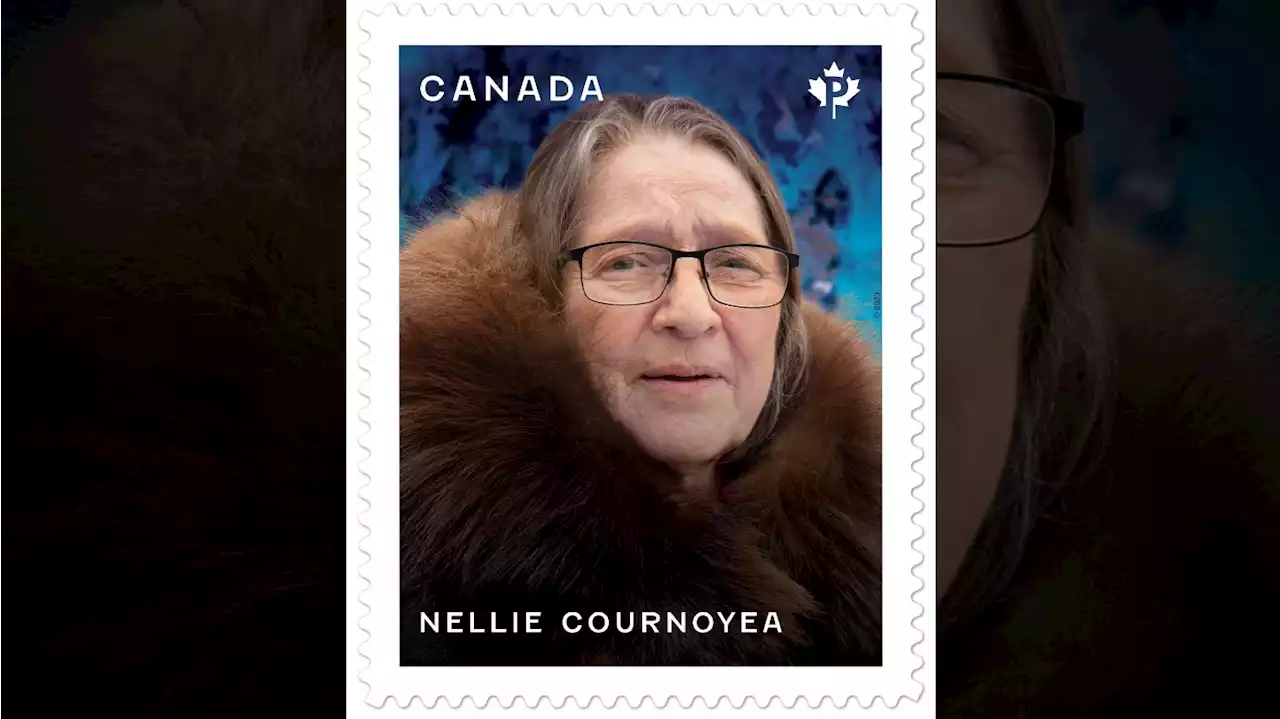 New Canada Post stamp honours first Indigenous woman to lead a Canadian governmentThe first Indigenous woman to lead a provincial or territorial government in Canada is being honoured with a new stamp.
New Canada Post stamp honours first Indigenous woman to lead a Canadian governmentThe first Indigenous woman to lead a provincial or territorial government in Canada is being honoured with a new stamp.
Read more »
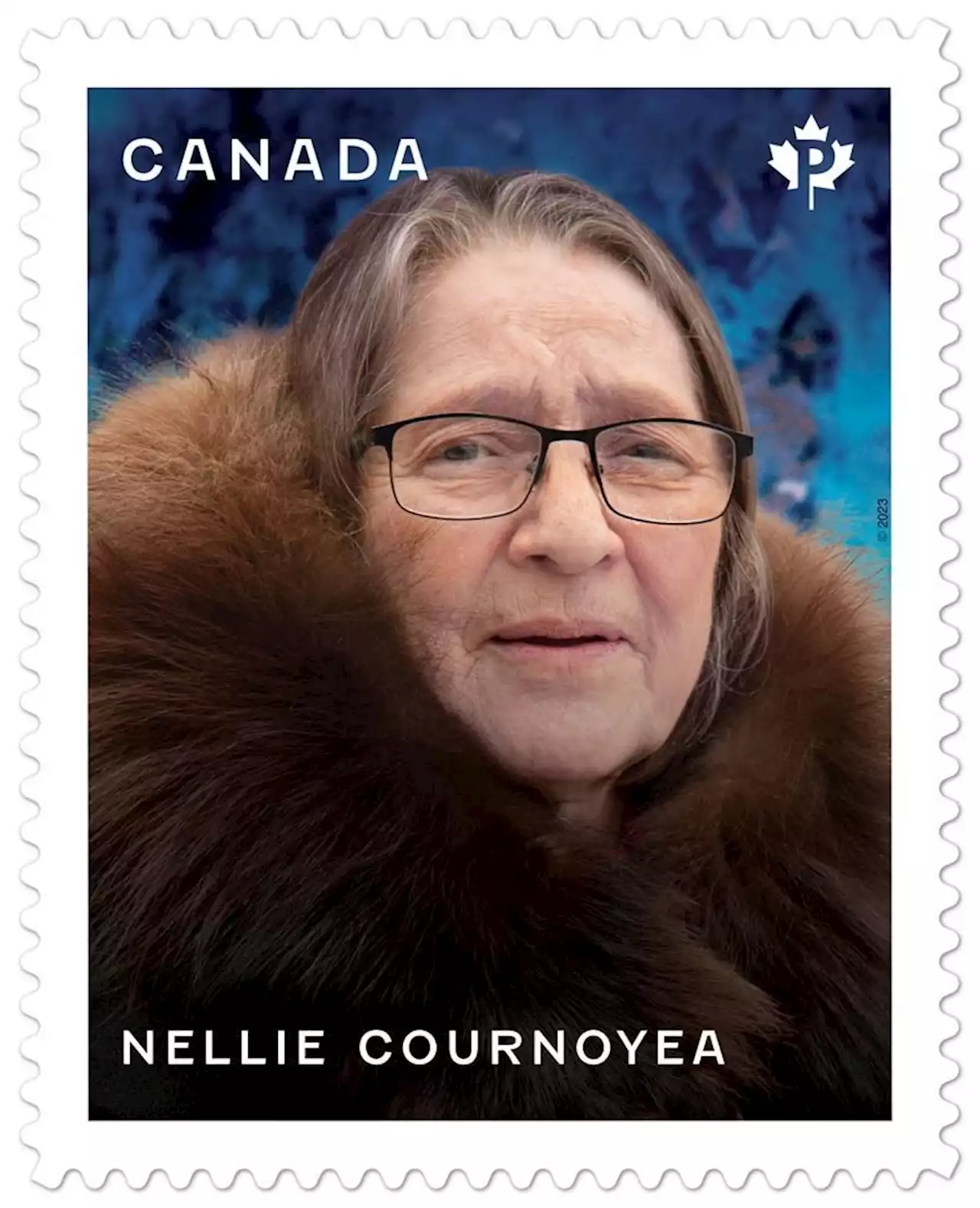 New Canada Post stamp honours first Indigenous woman to lead a Canadian governmentCanada Post says in a statement Cournoyea is known for the unwavering vision, work ethic and heart that have guided her fight for Indigenous self-determination and Inuit empowerment.
New Canada Post stamp honours first Indigenous woman to lead a Canadian governmentCanada Post says in a statement Cournoyea is known for the unwavering vision, work ethic and heart that have guided her fight for Indigenous self-determination and Inuit empowerment.
Read more »
 Indigenous-run Longhouse Capital targets $1-billion fundThe Vancouver-based alternative asset manager was established to collaborate with First Nations on investments and training a new generation of business leaders.
Indigenous-run Longhouse Capital targets $1-billion fundThe Vancouver-based alternative asset manager was established to collaborate with First Nations on investments and training a new generation of business leaders.
Read more »
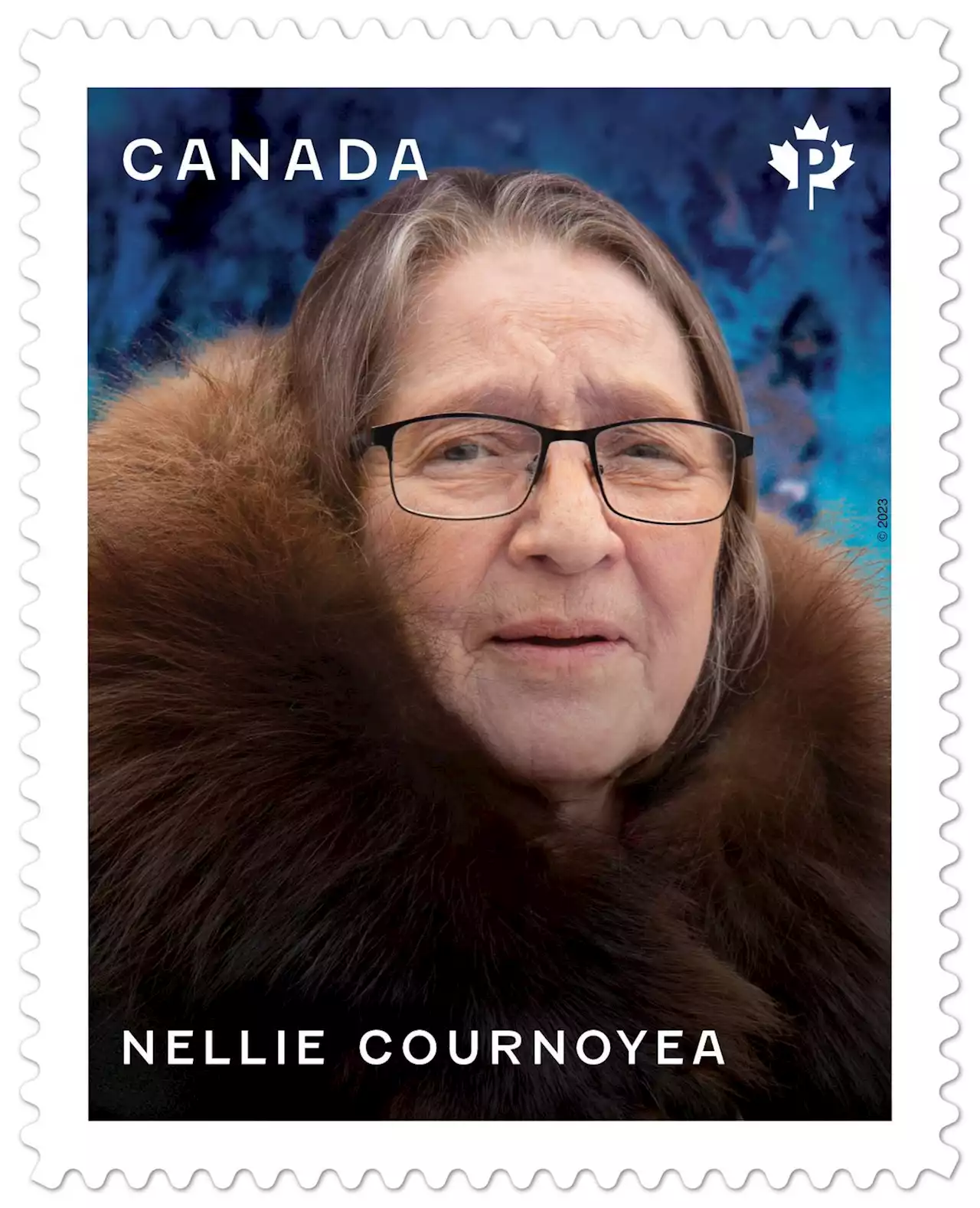 New Canada Post stamp honours first Indigenous woman to lead a Canadian governmentCanada Post unveils stamp portraying first Indigenous woman to lead a Canadian government as N.W.T. premier
New Canada Post stamp honours first Indigenous woman to lead a Canadian governmentCanada Post unveils stamp portraying first Indigenous woman to lead a Canadian government as N.W.T. premier
Read more »
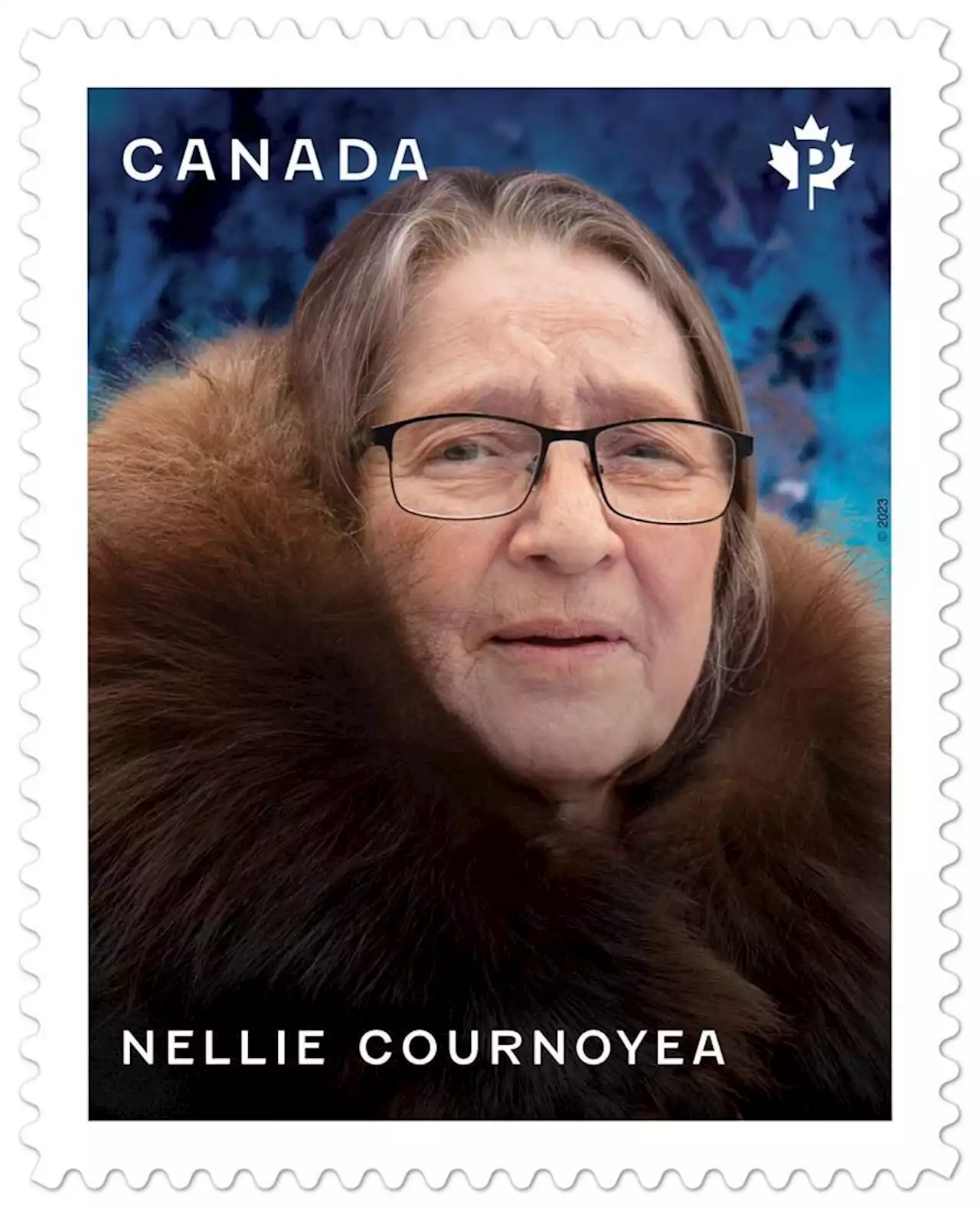 New stamp honours first Indigenous woman to lead a Canadian governmentCanada Post has unveiled a stamp in honour of Nellie Cournoyea, known as a champion of her people in Canada's western Arctic
New stamp honours first Indigenous woman to lead a Canadian governmentCanada Post has unveiled a stamp in honour of Nellie Cournoyea, known as a champion of her people in Canada's western Arctic
Read more »
